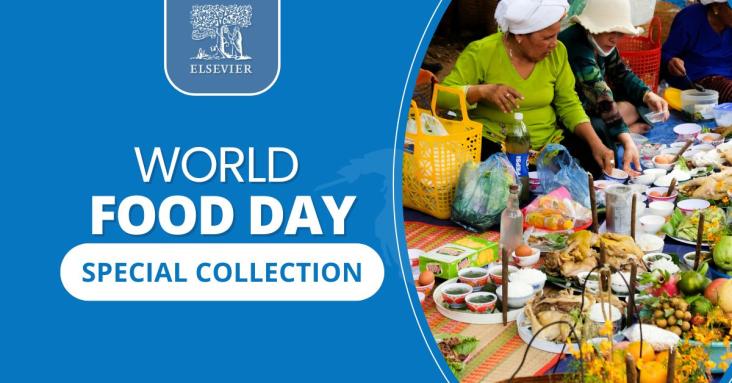
The article provides a comprehensive analysis of the escalating health impacts of climate change across Latin America, as well as the region's progress and challenges in adaptation, mitigation, and engagement.
The goal of this special issue is to highlight the latest and most significant outcomes in energy and carbon-neutral urban water management for net-zero emissions.
Climate Change and Disability: A Collaborative Approach to a Sustainable, Inclusive Future for All 2026, pp 77-84
This chapter underscores how climate change amplifies health risks and systemic barriers for children, especially those with special health care needs, aligning with SDG 3 (Good Health and Well-being) by addressing health vulnerabilities, SDG 10 (Reduced Inequalities) through calls for inclusive policies, and SDG 13 (Climate Action) by advocating disability-inclusive climate adaptation and resilience strategies.
Climate Change and Disability: A Collaborative Approach to a Sustainable, Inclusive Future for All 2026, pp 45-48
This chapter highlights how climate change intensifies health challenges and resource access barriers for women with disabilities, aligning with SDG 3 (Good Health and Well-being) by emphasizing the need for inclusive decision-making to improve health outcomes and ensure equitable access to rights.

Celebrated annually on October 16, World Food Day is a key global event focused on raising awareness about food security and hunger.




